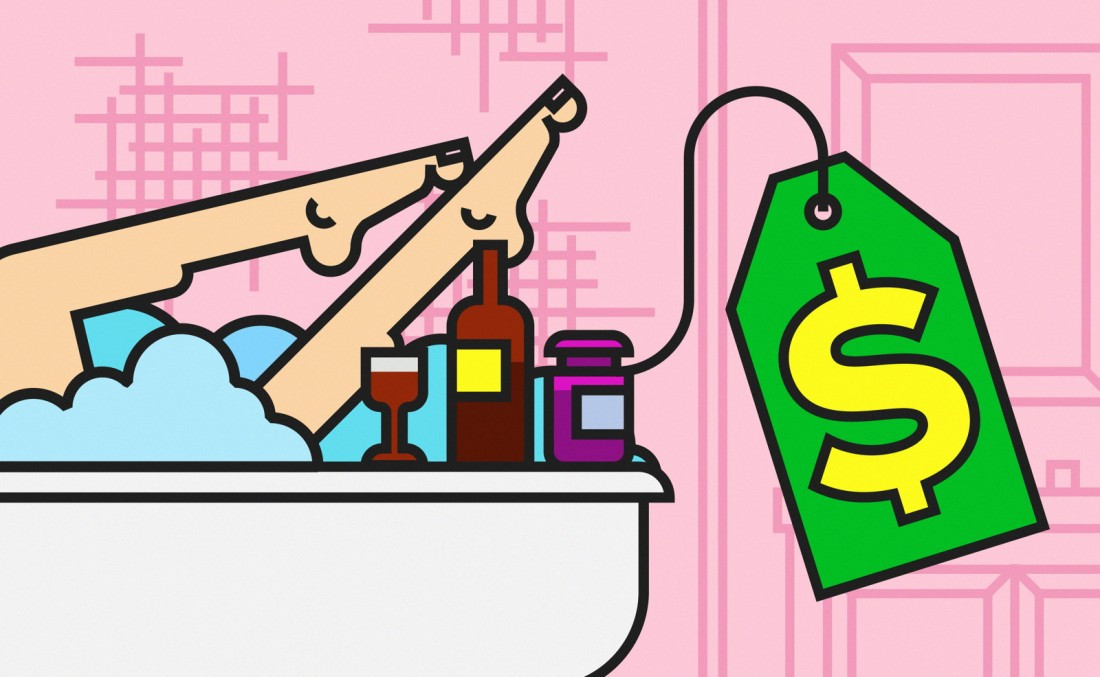Take a minute
Self-care isn’t just baths and cake
Being nice to yourself is more than just treating yourself to material things.
Self-care plays an important role in mental health, and finding resources to help with practicing it goes well beyond the temporary self-soothing methods of retail therapy.
“Self-care is more than the typical hot bath and pampering,” Mary Jo Bolton, the clinical director at Klinic Community Health Centre, says. “It’s more about intentionally being kind and compassionate to yourself in all ways.”
She says it’s more about the “how” than the “what.” How you talk to yourself, how you care for your body, how you allow others to treat you and how you attend to your needs are all things to be conscious of.
Winnipegger Jodie Layne saw there was a need for more resources surrounding self-care and collaborated with Portland friend Kara Haupt to create the zine Methods Of Self-Care (MOSC).
“Self-soothing and self-care aren’t the same things. ‘Treat yourself’ is a fine ideology, but it’s not self-care,” Layne says. “In the zine, we wanted to focus on things that weren’t material or that could be done when you feel like you have literally nothing left.”
Layne recognizes that finding time away from other obligations can be a difficult component in practicing self-care, especially if a person is facing marginalization or larger physical security needs, like housing and food.
“I work in community health and find so many government-produced resources are definitely inaccessible to most people,” Layne says. “We created MOSC to make it feel like you were talking to your best friend, or the best friend you wish you had.”
Layne says to look for the small things to care for yourself in the moment, like stretching, breathing, sending a friend an emoji or a selfie as a low-pressure check-in, or asking yourself if you can call a counselling line.
Bolton agrees that self-care can happen anywhere.
“I think it is about being intentional but this doesn’t have to take a lot of time,” Bolton says. “It can mean taking 10 minutes quietly on your own to slow down, breathe, refocus and to check in with yourself about what you are feeling and needing.”
To help with on-the-go self-care check-ins, Bolton recommends using Calm in the Storm, a new app that Klinic developed to help people deal with stress from the palm of their hand.
Other online resources include The Pep Talk Generator, a feature you can find on the website Babe Vibes. A paragraph of supportive words from contributors will pop up and take no more than three minutes to read.
Babe Vibes is also where you’ll find MOSC downloadable for free or $13 for a hard copy. With Haupt at the helm of the site, it offers a whole other network of support with interviews and special projects.
Self-care doesn’t need to be isolating. There are communities and resources full of support that long outlast the comforts of cake.
Published in Volume 70, Number 14 of The Uniter (January 7, 2016)







